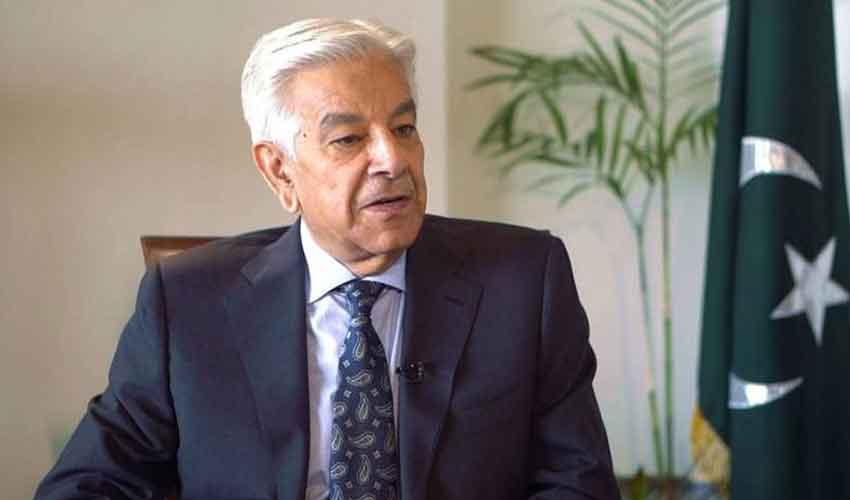Islamabad, May 8, 2025: In a bold move in response to recent Indian aggression, Defence Minister Khawaja Asif confirmed that Pakistan’s fighter jets successfully downed five Indian aircraft, including three advanced Rafale jets.
The retaliation comes amidst growing tensions between the two nuclear-armed neighbors, with each side accusing the other of escalating the conflict.
Asif, in an exclusive interview with CNN, also revealed key details about the incident, including India’s own acknowledgment of the losses.
Khawaja Asif’s comments come as part of Pakistan’s ongoing narrative to highlight what it calls India’s violation of international law.
According to the defence minister, Indian airstrikes targeted civilian areas, including women and children, particularly in regions of Indian-occupied Kashmir.
Asif emphasized that this is a clear breach of international norms, which protects non-combatants in times of conflict.
Further fueling the narrative of self-reliance, Asif proudly pointed out that Pakistan’s JF-17 and J-10 fighter jets are now being manufactured domestically, offering a counterbalance to India’s acquisition of French-made Rafale aircraft.
He remarked, “If India can procure advanced military hardware from France, we too are free to make deals with China and Russia to ensure our defense capabilities.”
In light of these developments, Asif underscored the importance of international scrutiny in the ongoing situation in Pahalgam.
He called for an independent global investigation into the cause of the recent attack in the disputed region.
Read More: India, Pakistan NSAs Establish Contact: Ishaq Dar
Stressing the potential for further escalation, he warned that the situation could quickly spiral into a broader conflict, but reiterated Pakistan’s readiness for peace, stating, “Pakistan is fully prepared if war is imposed upon us.”
Reflecting on the broader geopolitical landscape, Asif admitted that supporting the U.S. during the Cold War against Russia was a strategic misstep, stating that Pakistan had no tangible benefits from the involvement in Afghanistan’s conflict.
He also criticized the shifting stance of the international community, notably highlighting the case of Sajiduddin Haqqani, a figure once under U.S. sanctions, now allowed to roam freely.
Asif posed a pointed question about the global inconsistency in labeling individuals as terrorists and later retracting such designations.









